Huge heritage
The Hue Monuments Complex became a world cultural heritage in 1993. The recognition of this heritage has opened up many opportunities for the ancient capital. Among them, there have been many cooperations in relic restoration. Thanks to that, there have been significant restorations of typical works such as: Ngo Mon - Ngu Phung tower, Phung Tien palace (sponsored by the Federal Republic of Germany), Thai Hoa palace, Kien Trung palace, Tang Thu tower, Duyet Thi Duong theater, Phu Van Lau; the mausoleums of Gia Long, Minh Mang, Thieu Tri, Tu Duc, Dong Khanh; the clearance and renovation of Hue Citadel... Currently, the restoration projects of Can Chanh palace, Dai Cung Mon... are being implemented.
Ngo Mon Gate - Hue Ancient Capital. PHOTO: BUI NGOC LONG
However, Hue City not only has the Hue ancient capital relic complex, but also owns many other valuable heritages. These are: the intangible heritage of Hue royal court music, the first world documentary heritage of Vietnam - Nguyen Dynasty woodblocks, the documentary heritage of Nguyen Dynasty's royal records, the documentary heritage of Poetry and Literature on Hue royal architecture, the relief on the Nine Urns. Notably, the documentary heritages in Hue are all associated with the Nguyen Dynasty. Hue is also one of the communities practicing the representative intangible heritage recognized by UNESCO as the art of Bai Choi in Central Vietnam, the practice of worshipping the Mother Goddess - Tam Phu.
The Hue Monuments Complex has become even more advantageous as Hue City strives to build a "Festival City" of Vietnam, organizing festivals in even years (now known as "Hue 4 Seasons Festival") and "Traditional Craft Festival" taking place in odd years. Hue is also a place that preserves unique culinary values with over 1,300 royal dishes, folk dishes and more than 100 folk festivals, traditional festivals preserved.
The number of visitors to the ancient capital of Hue is also increasing. According to statistics from the Hue City People's Committee, in the first 6 months of 2025, the number of visitors to Hue is estimated at more than 3.3 million, an increase of 71% over the same period, an increase of nearly 40% compared to 2019 (before the Covid-19 pandemic). Of which, international visitors are estimated at 1.16 million, an increase of 41.6% over the same period; total revenue from tourism is estimated at VND 6,371 billion, an increase of 59% over the same period.
All efforts to develop cultural industry
However, up to now, Hue's cultural products for sale are still at the "inherent capital" level, meaning exploiting past values, not developing new products to serve market demand. Even, according to Dr. Phan Thanh Hai, Director of the Department of Culture and Sports of Hue City, the major limitation today is the lack of synchronization between conservation and development. Many heritage areas are facing tourism overload; or conversely, are under-exploited due to lack of investment, overall planning and methodical communication strategy.
Dr. Phan Thanh Hai said: "There needs to be a strategy to develop cultural industry and heritage tourism in a sustainable way, turning institutions such as the Imperial City, mausoleums, Nam Giao Altar, pagodas and temples... into creative spaces, performing arts, and organizing festivals selectively and in depth. Using heritage as a foundation to develop specific tourism products - such as knowledge tourism, spiritual tourism, cultural tourism - instead of simply being a tourist attraction."
Dr. Hai also emphasized the creative element of the community, the subject of heritage. This will help towards Hue having a heritage ecosystem as well as creativity.
In fact, to support the promotion of the heritage value of the ancient capital of Hue, Hue City has many significant creative spaces. In this ancient capital, the system of private museums is gradually becoming extremely strong. Dr. Phan Thanh Hai confidently showed off the outstanding private museum spaces in Hue including: the Museum of Porcelain, the XQ Embroidery Museum, the General Nguyen Chi Thanh Museum, the Huong River Ancient Ceramics Museum, the Cécile Le Pham Fine Arts Museum and the Le Ba Dang Memorial Space.
Researchers assessed that researcher Tran Dinh Son breathed life into the space of signed porcelain with his profound knowledge of Nguyen Dynasty porcelain. The Huong River Ancient Ceramic Museum is a place to store a huge amount of artifacts under the Huong River, thanks to which the Huong River can be temporarily called the largest underwater archaeological site in Vietnam currently known. The Cécile Le Pham Museum shows international cultural exchange. The Le Ba Dang space was commented by Professor Hoang Dao Kinh as "an addition to the outskirts of Hue, so that Hue, which is known as a heritage site, is now not only the past but also a continuing development".
In addition, Hue has also begun to have awareness of intellectual property and copyright for its heritage. For example, in 2016, Bun Bo Hue was granted a Certificate of Registration of Certification Mark, valid until 2026. Accordingly, those who want to use the logo (as granted) must ask for permission from the Thua Thien-Hue Department of Tourism and the Thua Thien-Hue Tourism Association. To move towards "Hue the culinary capital", types of trademark certification may continue to develop.
However, the biggest problem of Hue in promoting the value of the world cultural heritage of the Complex of Hue Monuments now is to strengthen the regulations on visiting, as well as restoring and protecting the relics. Accordingly, Hue may have to have regulations on limiting the number of people visiting the relics, the distance required when visiting the relics, and prohibitions when visiting the relics. This will help avoid unnecessary overload, affecting the long-term life of this heritage. In recent times, incidents such as taking photos for brands in sacred spaces, violating national treasures, etc. have sounded that bell.
Source: https://thanhnien.vn/co-do-hue-voi-gia-tai-di-san-do-so-185250902225016389.htm



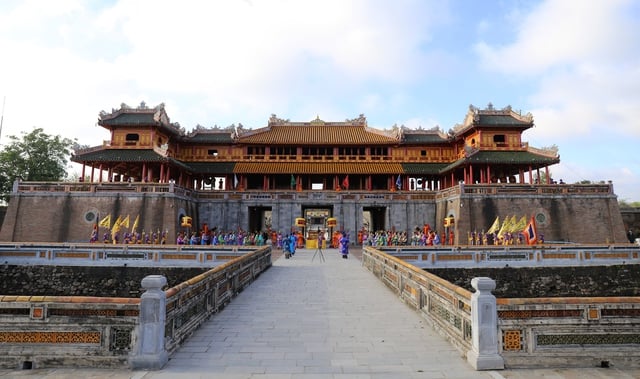


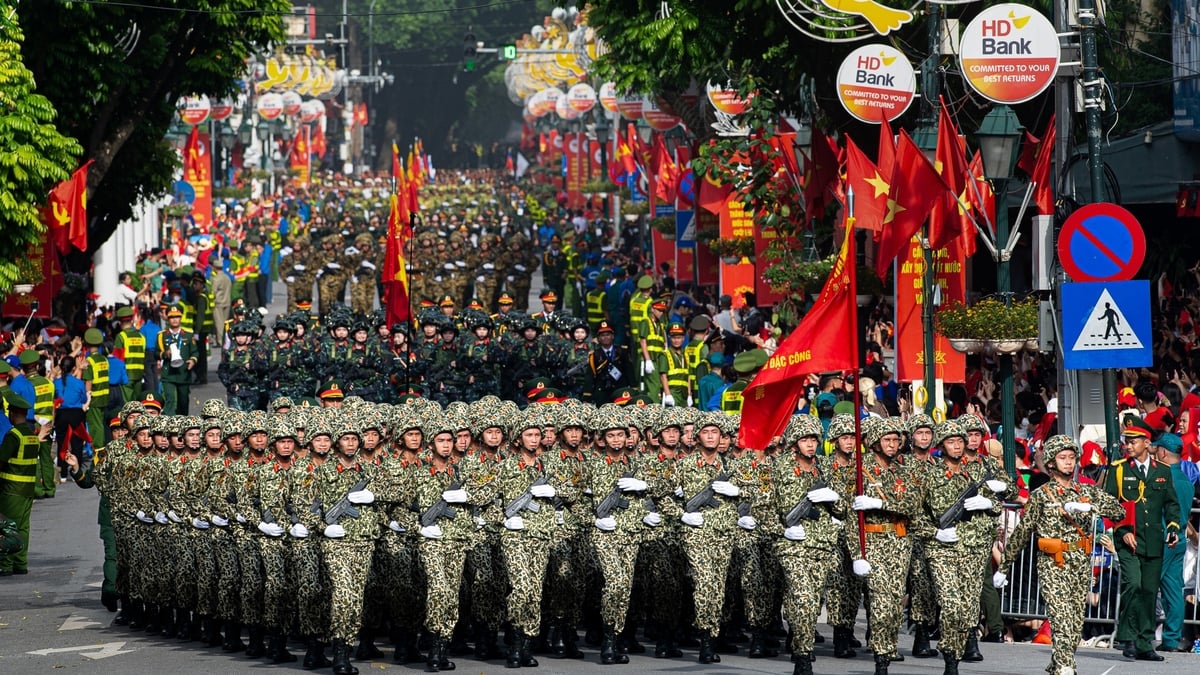


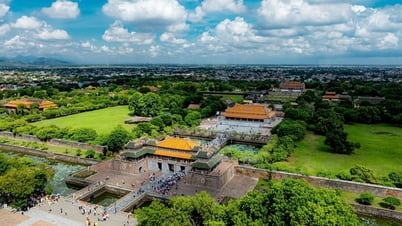



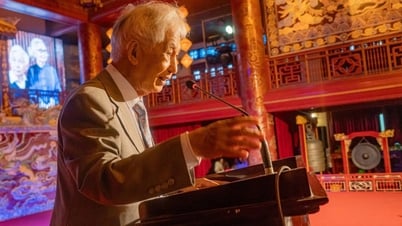





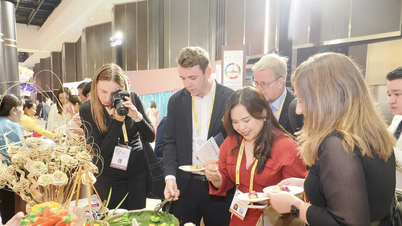

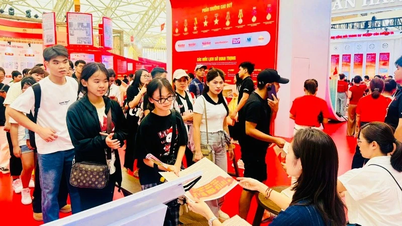










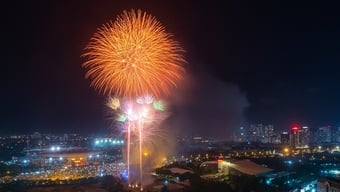


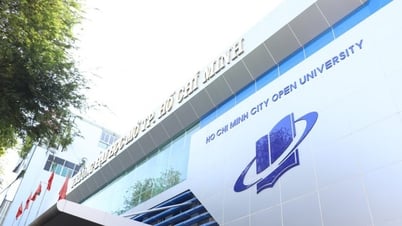



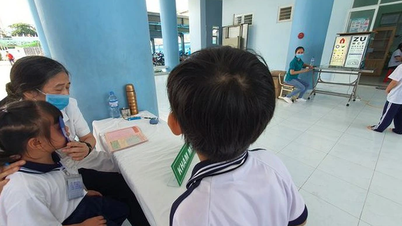

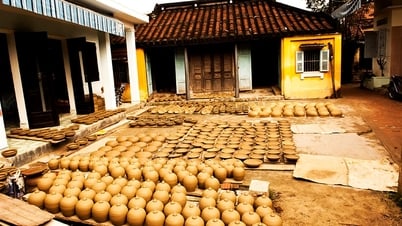

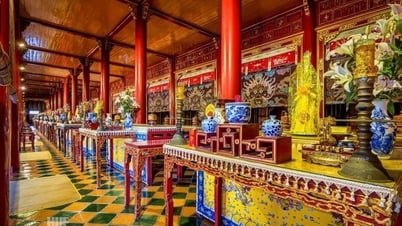

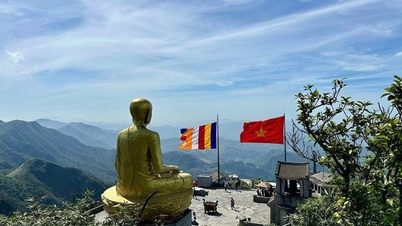






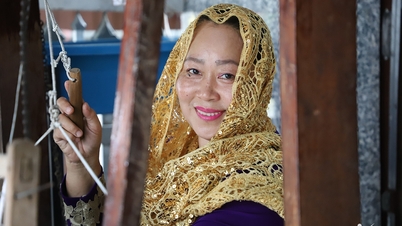






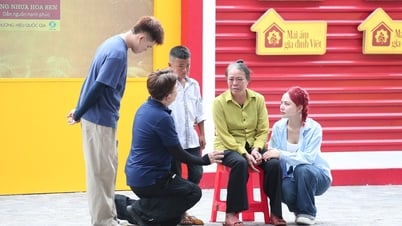




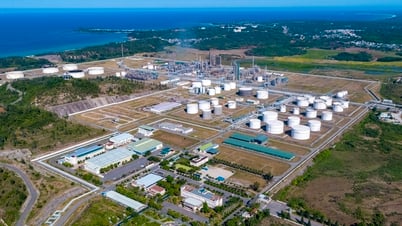
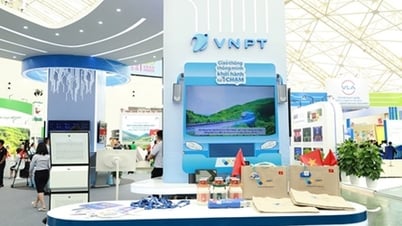
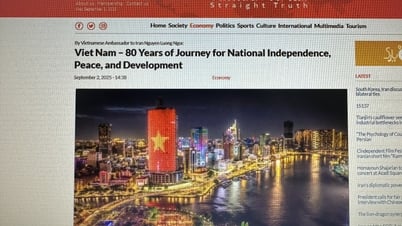




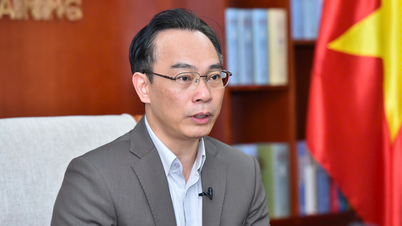

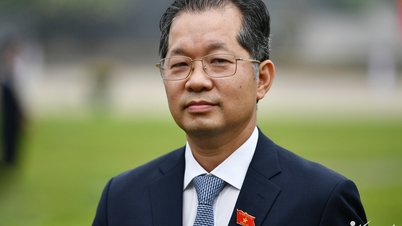



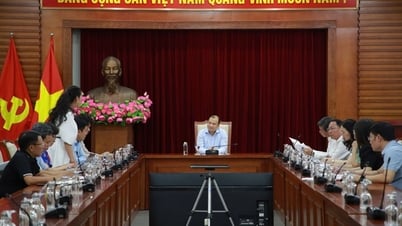
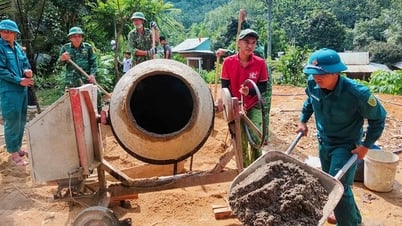
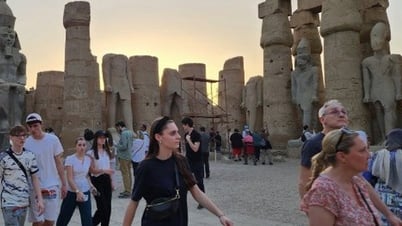
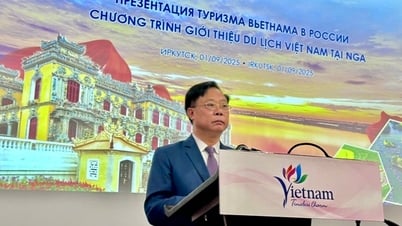

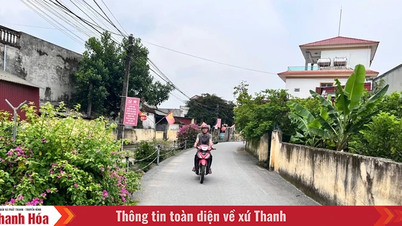




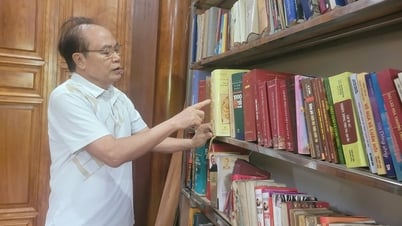

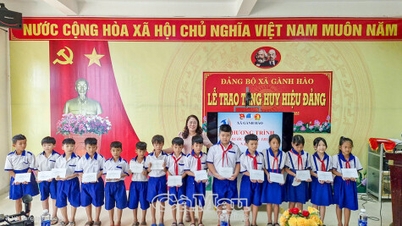





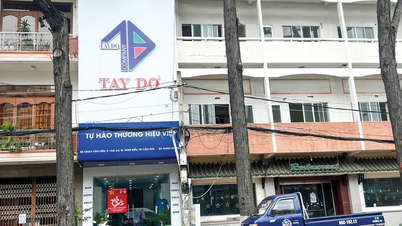

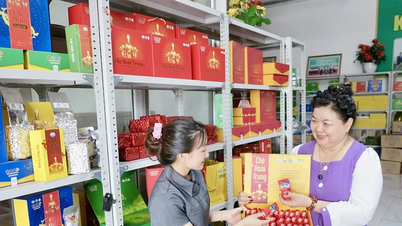

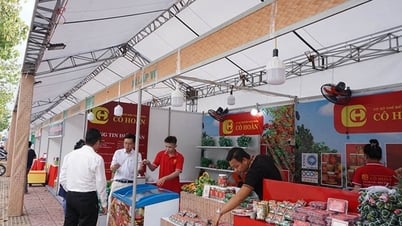

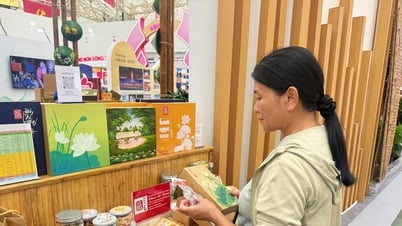


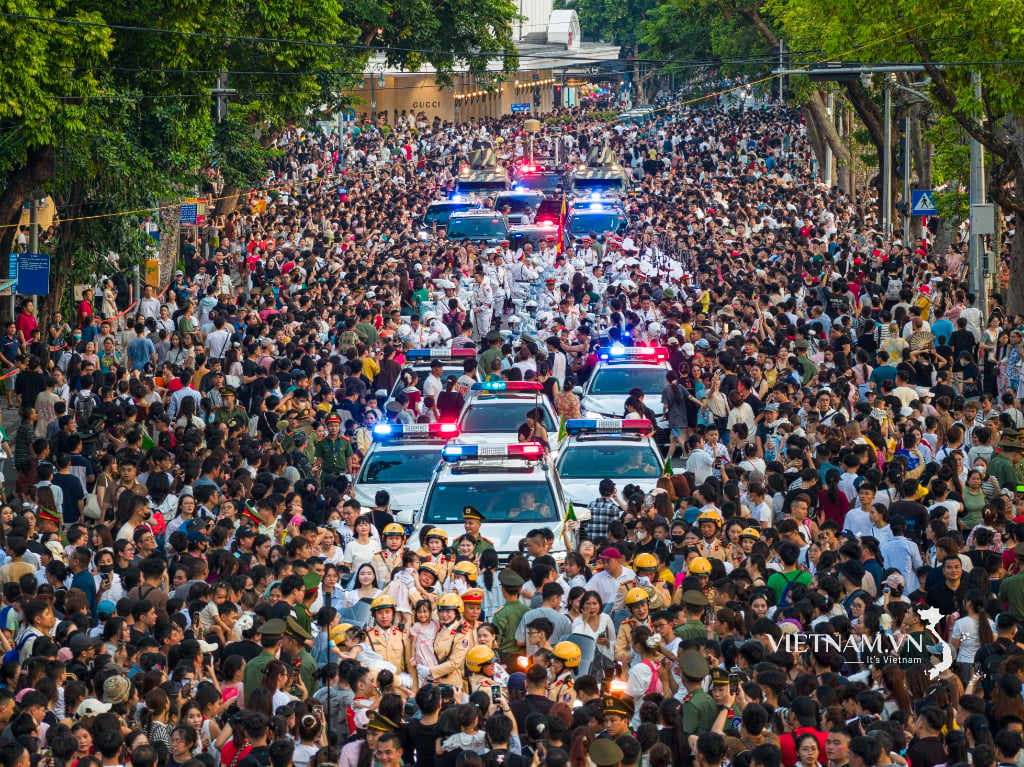

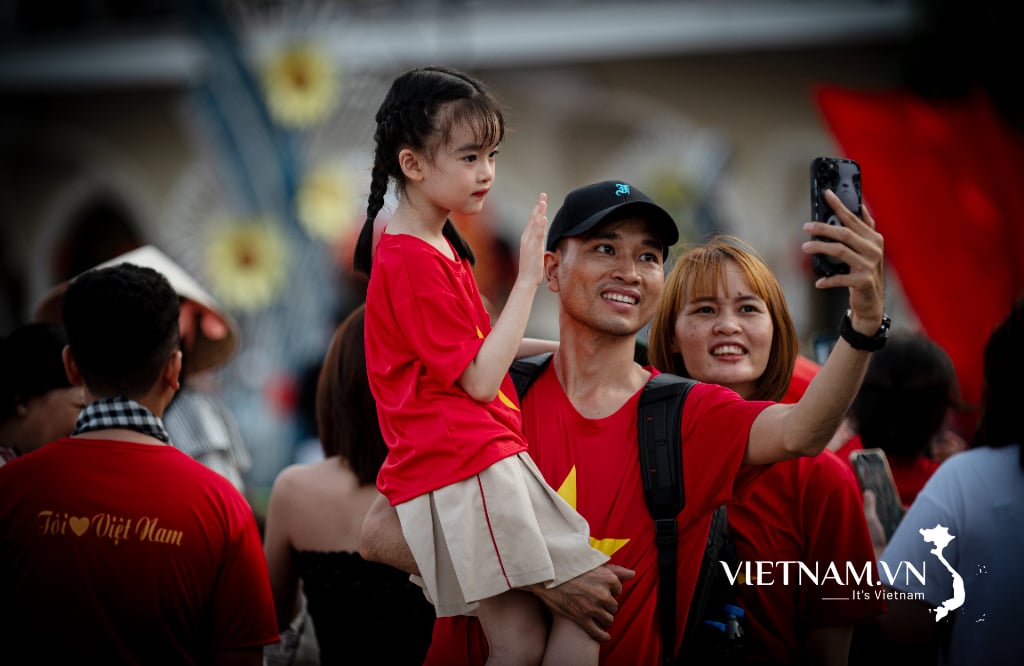

Comment (0)